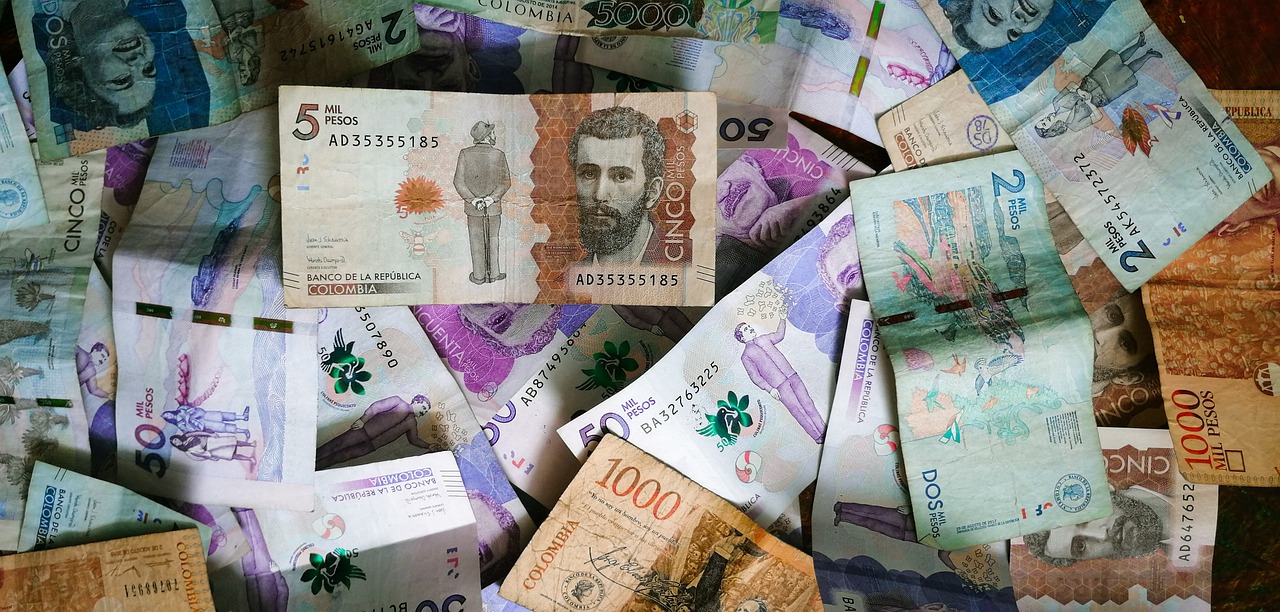Mastering Money Transfers: Instant Methods, Security Measures, Regulations for Large Sums, Tax Implications Abroad, and Understanding IBAN Usage
GPT_Global - 2025-08-04 01:00:01.0 174
Can money be transferred instantly using any method?
With the rise of digital banking and fintech innovation, transferring money instantly has become a reality. For individuals and businesses in the remittance industry, this offers a convenient and efficient way to send money across borders without delay. Various methods, such as mobile wallets, online banking platforms, and specialized money transfer services, provide instant transfer capabilities, ensuring funds are received in real-time. Mobile wallets, for example, allow users to send and receive money instantly using just a smartphone. Services like PayPal, Venmo, and Cash App have revolutionized peer-to-peer transactions, making them instantaneous and secure. Similarly, online banking platforms have integrated instant transfer features, enabling customers to move money between accounts or to other financial institutions without any waiting period. Furthermore, companies in the remittance sector, like Western Union and MoneyGram, have developed their own digital solutions to facilitate instant money transfers. These services offer the added advantage of a broad network of physical locations, providing accessibility even to those without a bank account. As technology continues to advance, the remittance industry is well-positioned to provide even faster and more reliable methods for instant money transfers, helping to connect people and businesses around the globe.
How secure are online money transfer services?
With the rapid growth of technology, online money transfer services have become an essential part of our daily lives. These services provide convenience and accessibility for individuals and businesses to send and receive money across borders. As a remittance business, it is important to understand how secure these online platforms are.
Online money transfer services use advanced encryption technology to secure transactions and protect sensitive information. They also implement strict compliance measures and adhere to international regulations to prevent fraud and money laundering. Additionally, most reputable services offer two-factor authentication and other security features to ensure the safety of users' funds.
However, it is important for users to be cautious and choose trusted platforms. Always verify the legitimacy of the service, check for secure connections, and be wary of phishing attempts. By taking these precautions, users can confidently use online money transfer services for their remittance needs, knowing that their transactions are secure.
What are the regulations for transferring large sums of money?
When transferring large sums of money, it is important to be aware of the regulations that govern such transactions. This is especially true for businesses involved in remittances, as non-compliance can result in hefty fines and legal issues. Each country has its own set of rules, but generally, there are a few key regulations to keep in mind.
Firstly, most countries have threshold limits that trigger additional reporting requirements. For example, in the United States, any transaction over $10,000 must be reported to the authorities. Similarly, in the European Union, transfers exceeding €15,000 are subject to extra scrutiny. It is crucial to check the specific regulations in your country to ensure compliance.
Secondly, the identity of both the sender and the receiver must be verified. This is to prevent money laundering and other illicit activities. Businesses must collect and verify personal information, including names, addresses, and identification numbers. Enhanced due diligence may be required for high-risk customers or transactions that seem unusual.
Lastly, it's important to work with a reputable remittance service that complies with all applicable regulations. This includes ensuring that the service has the proper licenses and follows best practices for data security and privacy. By staying informed and choosing the right partners, businesses can navigate the complexities of transferring large sums of money with confidence.
Are there any tax implications when transferring money to another country?
When transferring money to another country, it's essential to be aware of the potential tax implications that could arise. Understanding the tax laws of both the sending and receiving countries is crucial to ensure compliance and avoid any penalties.
Many countries have tax treaties in place to prevent double taxation on remittances, so the money transferred may not be subject to taxation in the recipient's country. However, the sender might still be liable for taxes in their own country depending on the amount and purpose of the transfer. It's advisable to consult with a tax professional or financial advisor to understand the specific regulations that apply to your situation.
Additionally, some countries have reporting requirements for large remittances, and failing to comply can result in hefty fines. Keeping detailed records of transactions and staying informed about any changes in tax laws will help ensure that your money transfers are both compliant and efficient.
Overall, being proactive and knowledgeable about the tax implications of international money transfers can save you from unnecessary stress and financial loss. Make sure to do thorough research or seek expert advice to navigate this complex aspect of remittances effectively.
What is an IBAN and how is it used in money transfers?
An IBAN, or International Bank Account Number, is a standardized format used to identify bank accounts across different countries around the world. It is primarily used for international money transfers and helps to ensure that the transactions are processed accurately and efficiently.
The IBAN consists of up to 34 alphanumeric characters, including the country code, check digits, bank identifier, and the account number. By incorporating all these elements, the IBAN provides a unique identifier for each bank account, reducing the risk of errors and delays in cross-border payments.
For remittance businesses, the IBAN is an essential tool for facilitating seamless money transfers. By using the IBAN, remittance providers can quickly and securely route funds to the correct recipient's bank account, regardless of the country. This enhances the customer experience and increases the reliability of international money transfers, making it easier for individuals and businesses to send money abroad.
About Panda Remit
Panda Remit is committed to providing global users with more convenient, safe, reliable, and affordable online cross-border remittance services。
International remittance services from more than 30 countries/regions around the world are now available: including Japan, Hong Kong, Europe, the United States, Australia, and other markets, and are recognized and trusted by millions of users around the world.
Visit Panda Remit Official Website or Download PandaRemit App, to learn more about remittance info.



